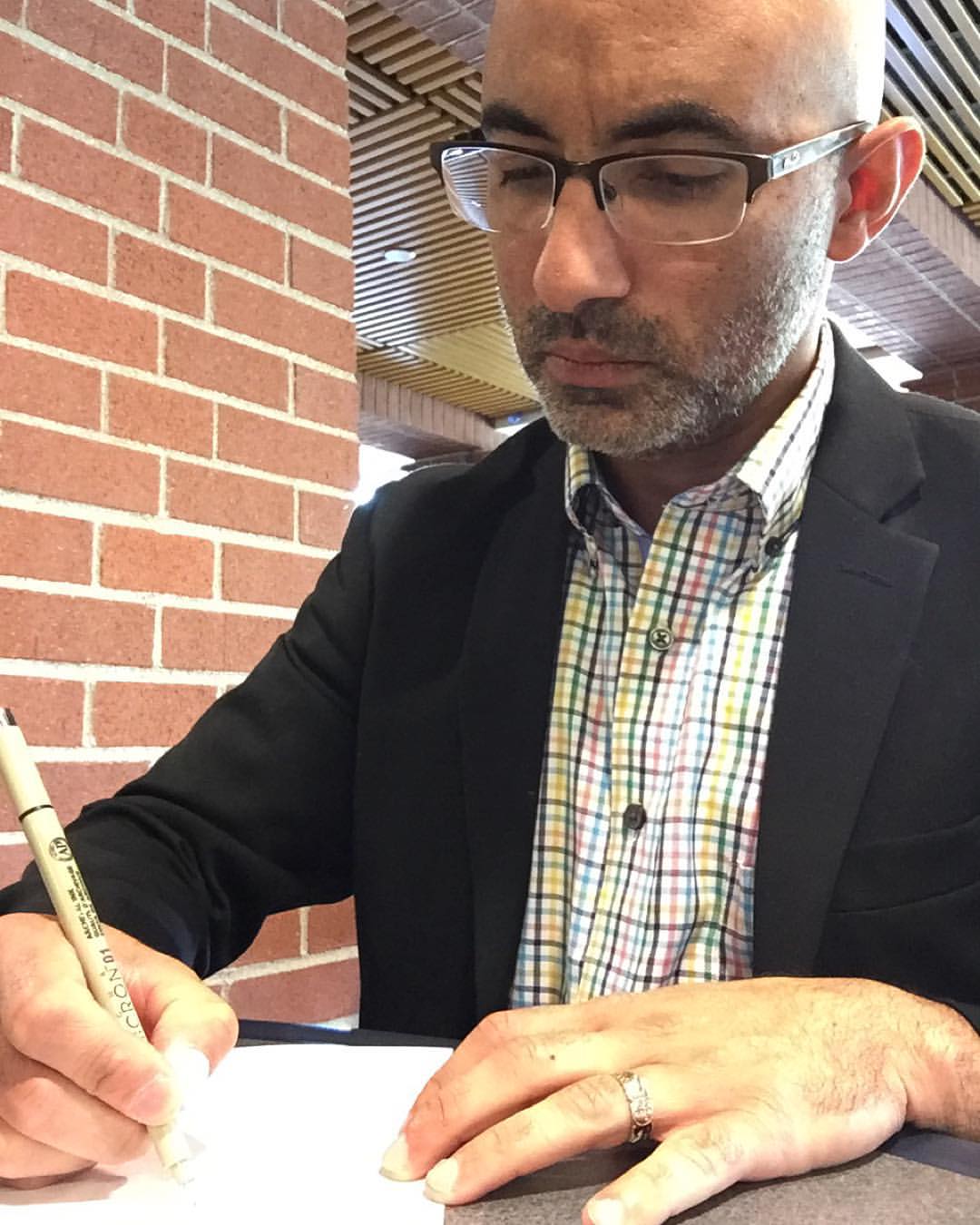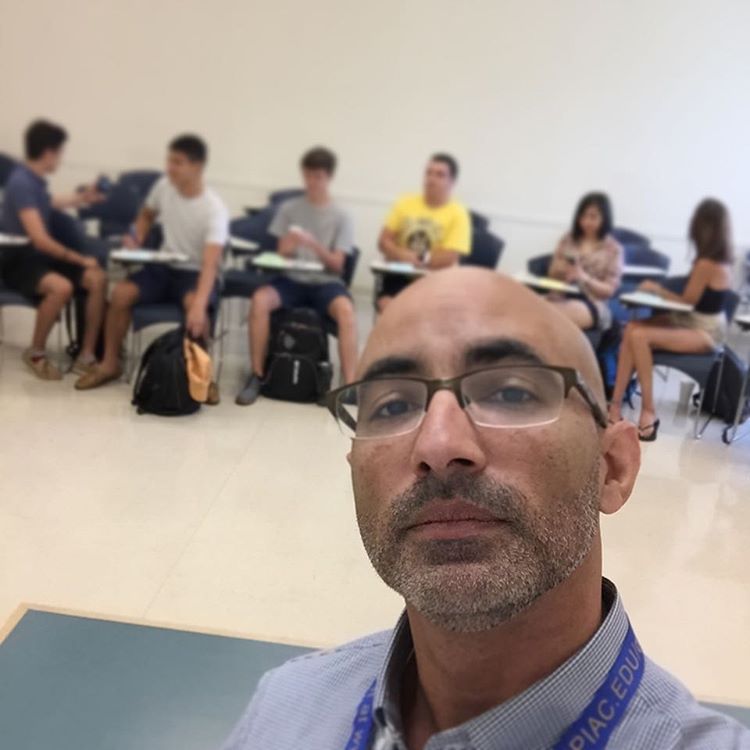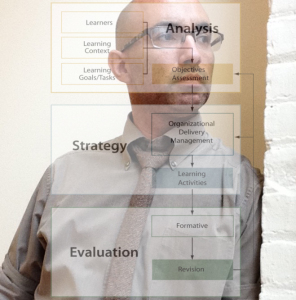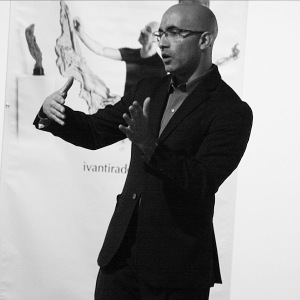For the Semester to Come

I could say many things about my first experience as a professor at Quinnipiac University. We are about to complete the academic calendar for the fall of 2015. I loved teaching this class. The vision and concept of the class fits perfectly with my experience, expertise, and preparation. I had the opportunity to join a great faculty and to make new friends in the process. I am proud to say that I had the chance to be the professor for a fine group of freshmen who I’m sure have a great future ahead of them. I’m pretty sure I’ll see them again. I was granted the opportunity to teach in the spring as well, and to join a great group of academic advisors. I am sure this is going to be another fantastic experience.
 Now that the class is almost over, as an instructional designer I evaluate the processes and results, and the overall sequence and presentation of the class. I don’t only evaluate the performance of my students but also my own. I look through each lesson and how they connect on each phase towards the final product. This is also preparation for the semester to come. I moved lessons around on the calendar with the intention to build a solid foundation in the development of self-regulated, lifelong independent learners.
Now that the class is almost over, as an instructional designer I evaluate the processes and results, and the overall sequence and presentation of the class. I don’t only evaluate the performance of my students but also my own. I look through each lesson and how they connect on each phase towards the final product. This is also preparation for the semester to come. I moved lessons around on the calendar with the intention to build a solid foundation in the development of self-regulated, lifelong independent learners.
I hope my students have all the success in the upcoming years and that my participation at this stage of their lives had some significance. I also hope the next two groups are as exceptional as this one. I guess it is going to be almost inevitable to compare all other experiences and groups with the first, but in a good way. I can’t deny the mix emotions as I see these students go. It is a melancholic feeling, but at the same time I am happy for them, and I wish they look back at the experience with gladness, as I am.

 August has been a month of “firsts”. I had the chance to work on
August has been a month of “firsts”. I had the chance to work on  While most people know me as an artist, I am also an instructional designer. In my research I contend that in order to provide effective learning solutions it is necessary to perform a learners analysis beyond the knowledge pre-assessment alone. Yes, understanding what people know before entering a specific learning endeavor is very important, but most important is to know the aptitudes and attitudes towards the new experience.
While most people know me as an artist, I am also an instructional designer. In my research I contend that in order to provide effective learning solutions it is necessary to perform a learners analysis beyond the knowledge pre-assessment alone. Yes, understanding what people know before entering a specific learning endeavor is very important, but most important is to know the aptitudes and attitudes towards the new experience.
One of Those Weeks
I see knowledge as one unlimited supply of interconnected events, points of views, interpretations, results from experience and experimentation, explanations of our surroundings, assumptions of what we don’t know based on the things we do know, and abstract descriptions of an idea. As I explained to one of the participants: “Everything we see, hear, and say is an abstraction of an idea”. Letters are the abstraction of the idea of a sound that we translate into a symbol, but that sound itself is an abstraction of the idea of that particular sound. Objects are abstractions of ideas producing symbols we get attached to. The object perish, and the symbol changes its value based on time and context, but the idea remains. Sadly, humans attach themselves to so many perishable abstractions instead of taking hold of the idea. Even more so, we often forget to rely on the source of life who put the idea into visual and palpable realization with just speaking.
April is almost coming to an end but there are still things to do and classes to teach. I continue the computer class at The Literacy Center of Milford, and if you are missing on all the fun of the painting and sculpting parties, we are going to be sculpting at The Grove in New Haven, Friday, April 24. The events for the month of May are listed also so you can RSVP with time. You can also request private sculpting and painting parties, as well as art lessons.